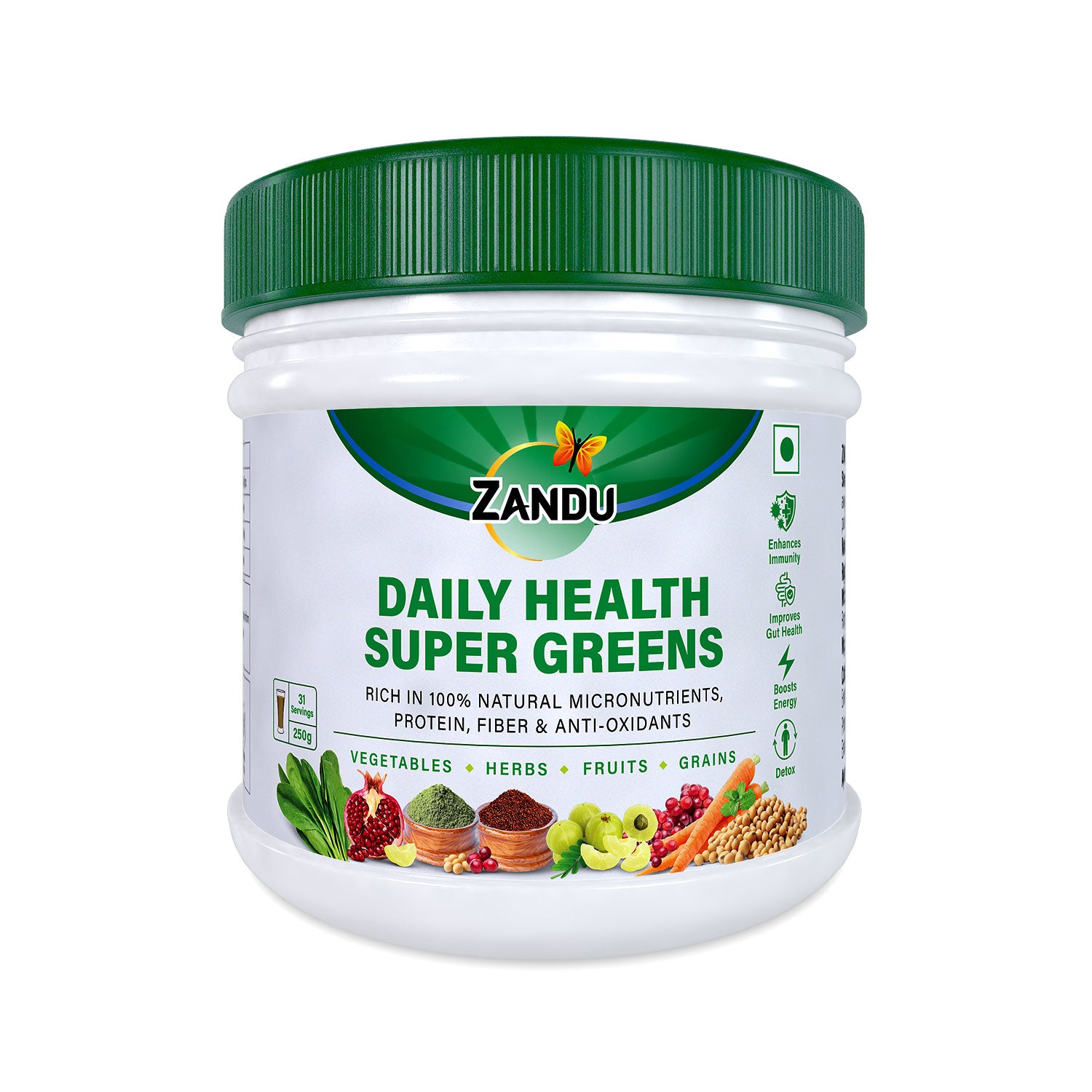Discover the Key to Food Digestion and Resistance With Gut Wellness Assistance

Recognizing Gut Wellness
Recognizing digestive tract health is essential for total health, as it plays a significant duty in digestion, immunity, and even mental wellness. The intestine, consisting of the gastrointestinal system, is in charge of damaging down food, absorbing nutrients, and expelling waste. A well balanced digestive tract setting guarantees effective digestion, enabling the body to use nutrients properly.
Furthermore, intestine health considerably affects the immune system. The gut houses a substantial part of the body's immune cells, and a healthy and balanced digestive tract can aid fend off virus and minimize swelling. Disruptions in gut health and wellness can cause an overactive immune reaction, potentially adding to autoimmune problems and allergic reactions.
In addition, the digestive tract is often described as the "second mind" due to the gut-brain axis, a complicated interaction network linking the digestive tract and the mind. This link influences mood, cognition, and emotional health. Concerns such as dysbiosis, defined by an inequality in gut microorganisms, have actually been connected with psychological wellness conditions, consisting of stress and anxiety and depression.
The Digestive Tract Microbiome Explained

The digestive tract microbiome, a varied community of bacteria living in the stomach tract, plays a crucial duty in preserving digestive system health and wellness and general health. Making up trillions of germs, infections, fungi, and other microorganisms, this facility ecosystem help in the digestion of food, the synthesis of vital nutrients, and the regulation of metabolic procedures.
Each person's intestine microbiome is unique, affected by factors such as diet plan, way of living, genetics, and environmental exposures. A well balanced microbiome supports optimal food digestion by breaking down facility carbohydrates, creating short-chain fatty acids, and assisting in the absorption of nutrients. On the other hand, an imbalance, frequently described as dysbiosis, can result in digestive system conditions, including cranky digestive tract syndrome (IBS) and inflammatory digestive tract condition (IBD)
Study has actually shown that a diverse microbiome is related to better wellness end results, highlighting the significance of dietary options in nurturing these bacteria. Foods abundant in fiber, probiotics, and prebiotics, such as fruits, vegetables, and fermented items, can advertise a healthy microbiome. Recognizing the digestive tract microbiome is vital for developing targeted treatments focused on enhancing digestive health and preventing stomach diseases.

Connection Between Food Digestion and Immunity
A durable link exists between digestion and immunity, highlighting the critical function of the intestine in preserving overall health and wellness. The stomach tract is home to trillions of microbes that develop the gut microbiome, which considerably affects both immune reactions and gastrointestinal processes. This complex community aids in damaging down food, taking in nutrients, and giving important metabolites that sustain immune function.
When food digestion is efficient, the digestive tract barrier remains undamaged, avoiding dangerous virus from going into the blood stream. Roughly 70% of the immune system resides in the gut-associated lymphoid tissue (GALT), which interacts carefully with the intestine microbiome.
Tips for Sustaining Gut Health
Supporting intestine health is crucial for maintaining both digestive effectiveness and a well-functioning body immune system. To promote optimum digestive tract health, think about including numerous practical techniques right into your daily regimen.
First, focus on hydration. Drinking appropriate water sustains digestion and assists preserve the mucosal lining of the intestines. Additionally, regular exercise can boost intestine motility and promote a diverse microbiome.
Conscious eating techniques are additionally essential. Eating food extensively and consuming gradually can assist food digestion and avoid overindulging, which site link might worry the intestine. Handling stress and anxiety with strategies such as reflection, yoga exercise, or deep-breathing exercises can positively affect intestine wellness, as anxiety is known to interfere with digestive system processes.
Integrating prebiotics and probiotics right into your regimen is another efficient method. While specific foods will certainly be talked about later, understanding the significance of these components is important. Prebiotics function as food for valuable intestine bacteria, while probiotics introduce online valuable microorganisms.
Finally, stay clear of excessive usage of anti-biotics, as they can interrupt the equilibrium of intestine flora. By complying with these suggestions, you can considerably add to the upkeep of a healthy and balanced intestine, which is vital for overall health and vitality.
Foods That Promote Digestive Tract Wellness

Fermented foods, such as yogurt, kefir, sauerkraut, and kimchi, are rich in probiotics, which are helpful microorganisms that support gut plants and enhance digestion. These foods can assist bring back equilibrium in the digestive tract, specifically after antibiotic usage or digestive disruptions.
In addition to fermented options, prebiotic foods, such as garlic, onions, asparagus, and bananas, act as nourishment for these probiotics, promoting their development and activity. These soluble fibers support intestine motility and can alleviate problems like bowel irregularity.
Furthermore, including high-fiber foods, including entire grains, fruits, veggies, and beans, is vital for preserving a healthy digestive tract. Fiber help in normal bowel motions and helps protect against gastrointestinal problems.
Lastly, omega-3 fatty acids found in fatty fish, flaxseeds, and walnuts have anti-inflammatory buildings that reference can even more sustain gut health. Stressing these foods in your diet can bring about a robust digestion system and enhanced immune feature.
Conclusion
To conclude, focusing on intestine wellness is important for maximizing digestion and boosting immunity. A balanced gut microbiome, influenced by dietary selections and way of life variables, plays a crucial function in nutrient absorption and swelling reduction. Incorporating fermented foods, prebiotics, and high-fiber alternatives, alongside correct hydration and stress and anxiety management, can significantly promote gut wellness. By adopting these approaches, visit people can sustain total wellness and vigor, opening the prospective advantages of a well-functioning gastrointestinal system.
Comprehending intestine wellness is crucial for total health, as it plays a significant function in digestion, immunity, and also mental wellness. The intestine houses a significant part of the body's immune cells, and a healthy and balanced gut can aid fend off pathogens and reduce inflammation.Furthermore, the gut is often referred to as the "2nd brain" due to the gut-brain axis, an intricate communication network linking the digestive tract and the mind.A durable connection exists between digestion and immunity, highlighting the crucial role of the gut in keeping general wellness.In final thought, focusing on intestine wellness is important for enhancing digestion and boosting immunity.